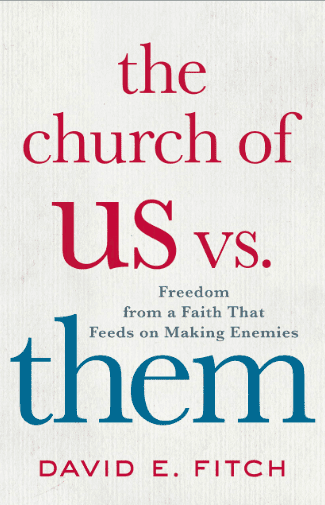 American evangelicalism, and what I mean here is “revivalist” American evangelicalism, is shaped by and oriented toward decisions for Christ. What’s more, revivalist evangelicalism has a soterian gospel designed to precipitate decisions that can be used to measure who is “in” and who is “out.” Which is also to say that revivalist evangelicalism creates a “salvation” culture. (This is all sketched out in my The King Jesus Gospel.)
American evangelicalism, and what I mean here is “revivalist” American evangelicalism, is shaped by and oriented toward decisions for Christ. What’s more, revivalist evangelicalism has a soterian gospel designed to precipitate decisions that can be used to measure who is “in” and who is “out.” Which is also to say that revivalist evangelicalism creates a “salvation” culture. (This is all sketched out in my The King Jesus Gospel.)
The most famous of the revivalists is Charles Grandison Finney, shown to the right, but he is not alone. There’s a long line of revivalists in the USA, from Finney all the way to such folks as Billy Graham, and one thinks here also of the common gospel tracts among us. Whether one likes it or not, revivalism has directly and massively shaped American evangelicalism. And at the heart of my “target” in The King Jesus Gospel is the adequacy and accuracy of the gospel as framed in revivalist evangelicalism.
Today I want to sketch the themes of revivalism that have impacted and infected evangelicalism; some of this is good and some of this is not so good. In fact, each of these themes can be said to be something good gone askew. I take these twelve themes from Gordon Smith’s fine book, Transforming Conversion: Rethinking the Language and Contours of Christian Initiation (BakerAcademic, 2010).
The questions for today include: How typical is this in your church? What are upsides and downsides of these these themes?
Now to the twelve ways revivalism’s theories of conversion have shaped and permeated evangelicalism:
1. Conversion is equated with salvation (Smith says salvation is the work of God; conversion is the human response).
2. There is an emphasis on human choice and decision. It’s about the will.
3. Conversion is seen as punctiliar, something that happens all at once, can be dated and marked and known.
4. Revivalism is ambivalent about the intellect and is often anti-intellectual.
5. Conversion becomes an individual transaction with God, apart from the faith community/church.
6. Revivalism is ambivalent about or even anti-sacramental. (Including baptism.)
7. For revivalism, conversion is easy and painless and certainly not costly. “Just accept Christ today.”
8. Among revivalists, evangelism is reduced to techniques.
9. Revivalism pushes that God has no grandchildren, but is ambivalent about second-generation Christian nurturance into conversion and faith.
10. Revivalism has at times struggled with connections between conversion, baptism and the Holy Spirit.
11. The church’s mission is to obtain conversions.
12. Revivalism focuses on the after-life with minimal reference and orientation to this world.











